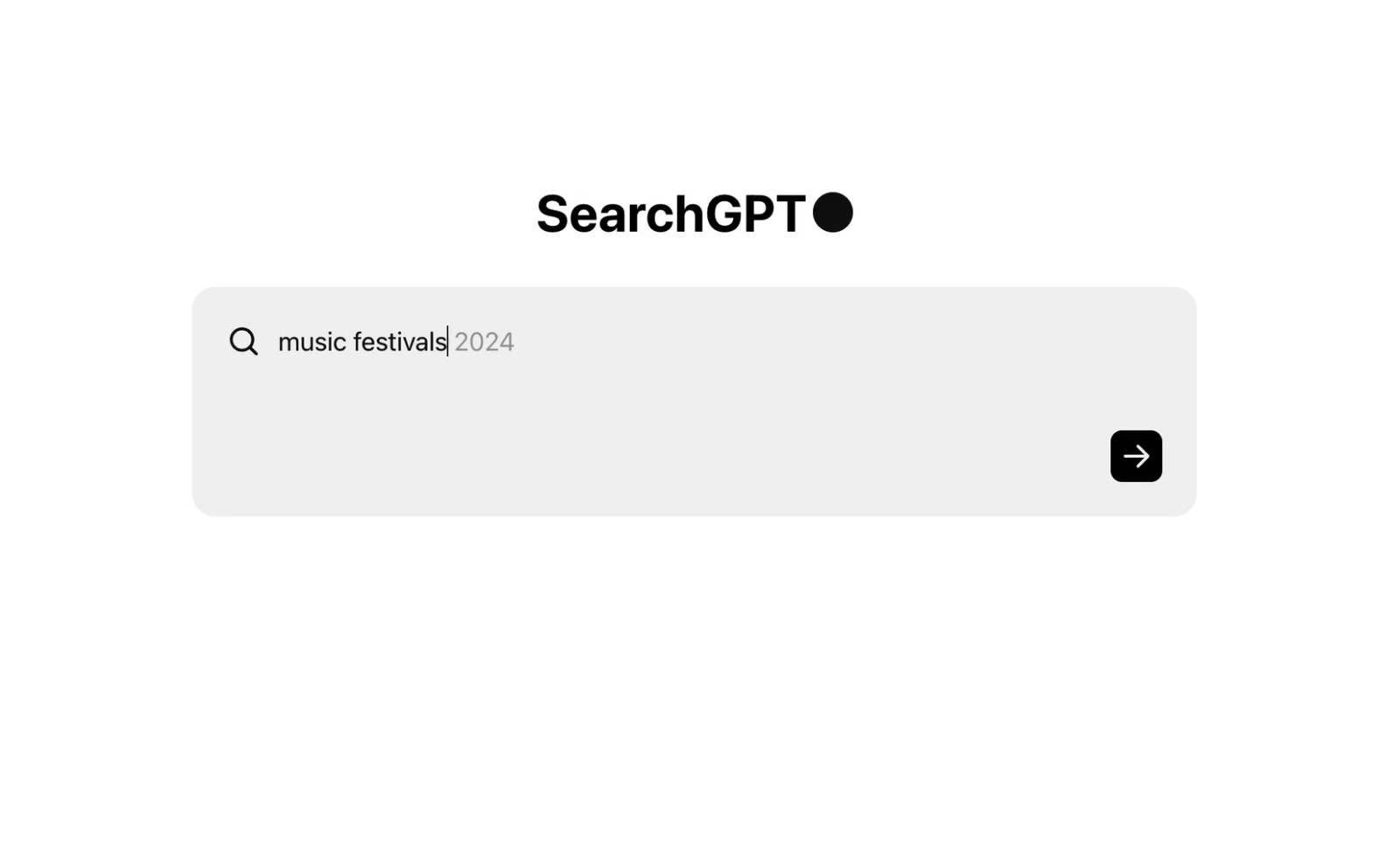OpenAI's SearchGPT Challenges Google's Search Dominance
OpenAI has made headlines with the announcement of its latest innovation - SearchGPT, a new search engine designed to rival the dominance of Google in the search market. Combining generative AI capabilities with traditional internet search functionalities, SearchGPT promises users conversational and real-time responses, aiming to revolutionize the way we search for information online.

SearchGPT's Innovative Approach
Unlike conventional search engines, SearchGPT is set to offer a more interactive and user-friendly search experience. With a focus on providing conversational answers and direct links to sources, OpenAI aims to make information retrieval faster and more efficient. This step towards integrating AI into everyday search practices signifies a significant advancement in the industry.

We're testing SearchGPT, a temporary prototype of new AI search features that give you fast and timely answers with clear and relevant sources. We're launching with a small group of users for feedback and plan to integrate the experience into ChatGPT. Click here for more information
Legal and Ethical Challenges
The introduction of SearchGPT has not been without its share of controversies, as OpenAI faces legal disputes with major news publishers. Accusations of unauthorized use of copyrighted content have been raised by publishers like the New York Times and the Chicago Tribune, claiming that OpenAI's AI model was trained on their material without proper consent. OpenAI defends its position, citing "fair use" of copyrighted data and emphasizing the creation of new content from existing sources.
Industry Impact and Partnerships
To navigate these challenges, OpenAI is collaborating with publishers to address concerns regarding content usage in SearchGPT. By empowering publishers to manage how their content is utilized within the search engine, OpenAI aims to promote trusted sources and maintain transparency in its search results. Industry experts view the emergence of AI-enabled search engines as a pivotal development, reshaping the landscape of online information retrieval.

The arrival of OpenAI into the search market coincides with ongoing legal battles faced by Google, accused of monopolizing the search market. With potential shifts in Google's market dominance due to antitrust actions, opportunities arise for new players like SearchGPT to challenge the existing status quo.
OpenAI's SearchGPT venture represents a bold step towards challenging Google's supremacy in the search engine domain. By merging generative AI with internet search functionalities, OpenAI aims to deliver a more conversational and effective search experience. However, the project confronts significant ethical and legal hurdles, particularly concerning copyright issues.




















